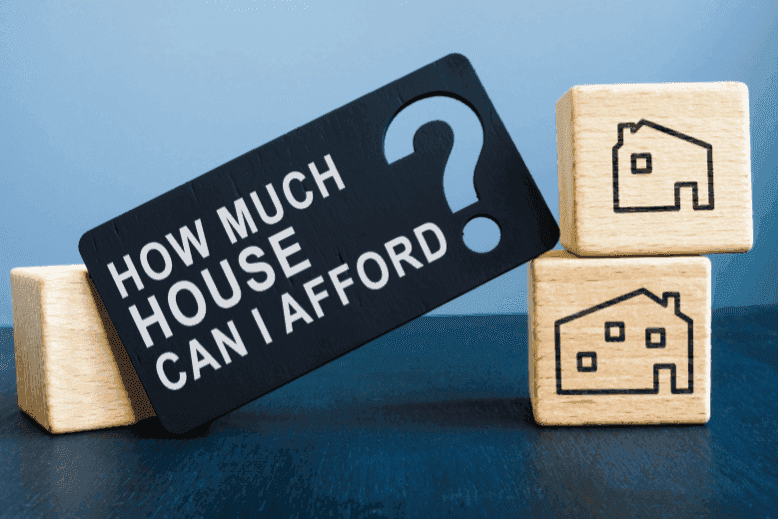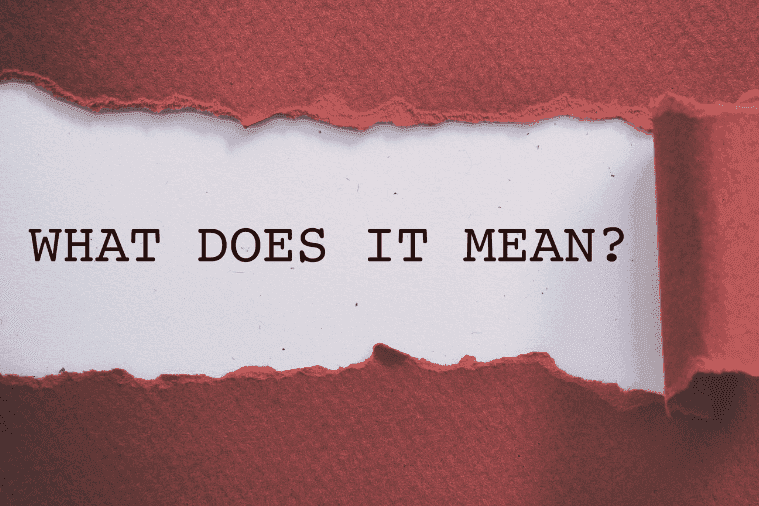Mortgage Basics
FHA vs Conventional

Choosing the right mortgage loan is a critical decision in the homebuying process. Two of the most common options are FHA loans and conventional loans. While both can help you achieve your dream of homeownership, they cater to different set of financial situations and goals. Understanding the differences between these two loan types can help you make an informed choice.
One of the most significant distinctions is the required down payment.
- FHA Loans: Require as little as 3.5% down, making them ideal for buyers with limited savings.
- Conventional Loans: Typically require a down payment of 5% or more depending on how you plan to occupy the property, although programs exist for as low as 3% for first-time homebuyers. Investment properties usually require a minimum down payment of 20%.
Creditworthiness plays a vital role in loan approval.
- FHA Loans: Accept borrowers with lower credit scores, sometimes as low as 580 with the minimum down payment, or even as low as 500 with a 10% down payment.
- Conventional Loans: Generally require higher credit scores, usually 620 or above, depending on the lender.
Mortgage insurance protects lenders in case of default, but it differs between these loans.
- FHA Loans: Require upfront mortgage insurance premium (UFMIP) and annual mortgage insurance premiums (MIP) for the life of the loan or for 11 years if you put down more than 10%, unless you refinance.
- Conventional Loans: Require private mortgage insurance (PMI) only if your down payment is less than 20%, but it can request to remove it once you reach 20% equity. Lenders are required to remove mortgage insurance once you reach 22% equity.
Debt-to-Income Ratio (DTI) is a simple way lenders check if you can afford to pay your debts while covering your everyday expenses. It’s shown as a percentage and is calculated by comparing your total monthly debt payments to your monthly income before taxes. Your DTI impacts your loan eligibility.
- FHA Loans: Are more lenient, allowing a DTI of up to 56.99% in some cases.
- Conventional Loans: Typically cap the DTI at 50%, depending on your credit score and financial profile.
FHA Loans are ideal for:
- First-time homebuyers with lower credit scores.
- Buyers with limited funds for a down payment.
- Those looking for lenient qualification criteria.
Conventional Loans are ideal for:
- Buyers with stronger credit profiles.
- Borrowers who can make a larger down payment.
- Those seeking to avoid long-term mortgage insurance costs.
FHA or Conventional at Face Value
Both FHA and conventional loans offer unique advantages, and the right choice depends on your financial situation and homeownership goals. Whether you need the lower barriers of an FHA loan or the flexibility of a conventional loan, Vision Home Mortgage is here to help. Reach out today for expert guidance and a seamless home financing experience.



